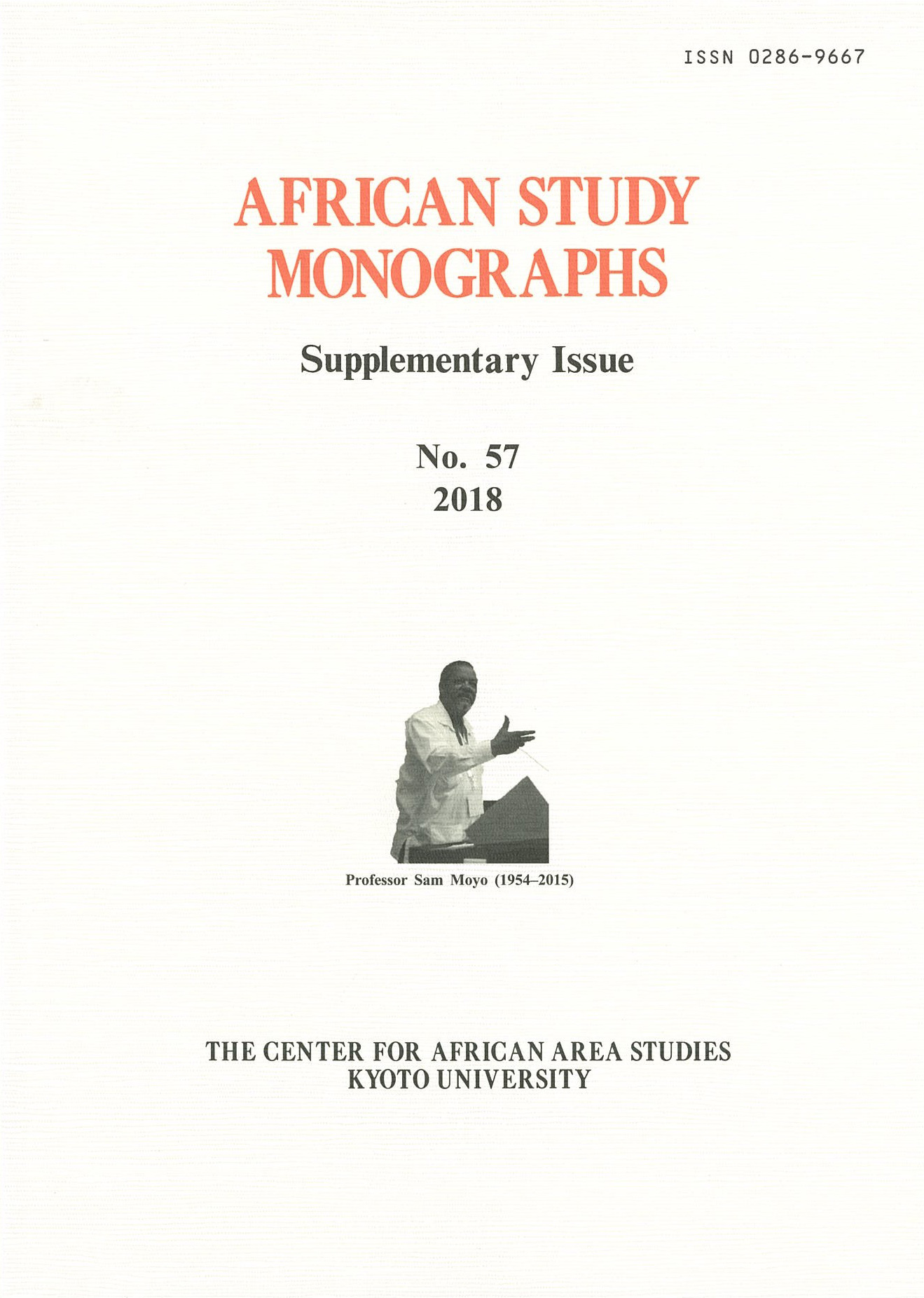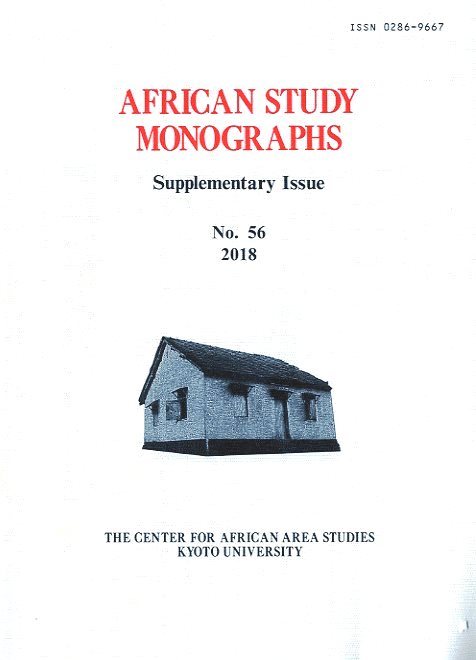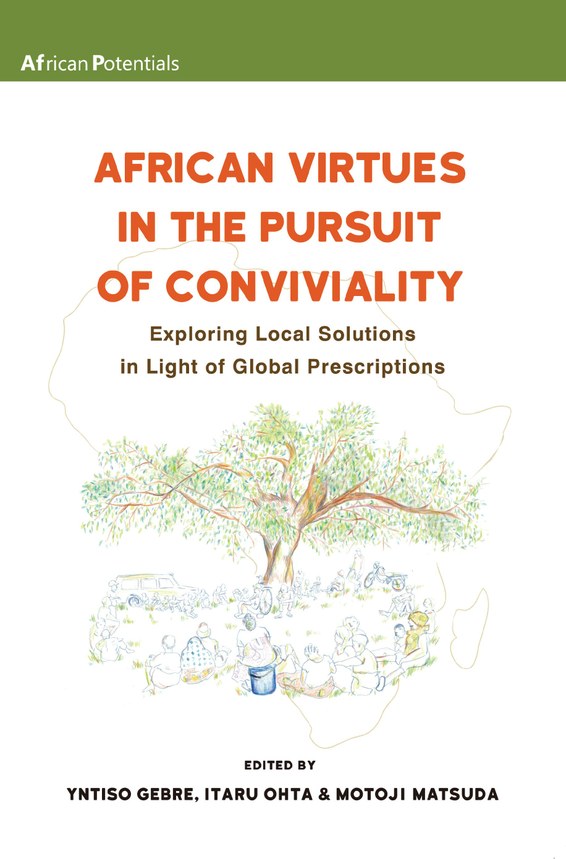Date: November 12, 2016 13:30~17:00
Venue: 3rd floor of Inamori Foundation Memorial Hall, Kyoto University
First, Shuichi Oyama, Chief of the Project Secretariat, made a housekeeping announcement on important affairs and points for attention regarding project management as well as the schedule and contents of upcoming study group meetings and plenary meetings. Next, Motoji Matsuda provided an explanation on the objectives of “The Sixth Africa Forum, Kampala,” which will be held in Kampala, Uganda, from December 9–11, 2016. Then, six Japanese researchers made presentations. Presenter names, presentation titles, and abstracts are provided below.
Speaker1:Motoki Takahashi (Kyoto University)
Title:African Potential beyond Dichotomy: Local Quest for National Integration?
The speaker talked about the necessity of approaching the interface at macro and micro levels on how people could achieve peaceful coexistence by using macro frameworks, such as nation and market economy, when considering the African potentials. In addition, the research outcome that he had gained in the post-conflict area in Kenya clarified that people there wanted fair resource distribution among ethnic groups and cooperation with other ethnic groups at the macro level. They launched multi-ethnic businesses through a trial and error process at everyday life resulting in some successful cases.
Speaker2:Akiko Sugiki (Kobe Gakuin University)
Title:Transnational Dynamics of Internal Conflict and Conflict Resolution: Why the Lord’s Resistance Army Still Matters to the Great Lakes Region in Africa
The speaker asked whether settlement of trans-nationalized internal conflicts is feasible and then discussed this question with a case study of conflict in northern Uganda. The presentation explained the background and reasons why this conflict was trans-nationalized and prolonged, showing insights on the current reality of the conflict which has been stalled neither for peaceful resolution nor for military solution due to lack in political initiative and distrust to the government and military of Uganda. The speaker also introduced two approaches to building a ground for regional cooperation toward conflict resolution: (1) a “Functionalist” approach that reinforces the functions of regional organizations, and (2) a “Dialog / Consensus” approach in which involved countries build up dialogs.
Speaker3: Shoko Yamada (Nagoya University)
Title:Domesticating Democracy? Civic and Ethical Education Textbooks in Secondary Schools in the Democratization Period of Ethiopia
The speaker analyzed changes of citizenship textbooks for secondary education published since 1993 in Ethiopia, and clarified what kind of values the government attempted to create within the nation through school education in their democratization process. The government has repeatedly emphasized the stability of the nation, essentiality of democracy, and legitimacy of reign of law and authority of the regime. The presentation also elucidated that the regime has consistently focused on citizenship education until now, with proactive introduction of dialogical methods and compulsory examination of this subject for the first year in the elementary schools to the universities.
Speaker4:Itsuhiro Hazama (Nagasaki University)
Title:Alternative Citizenship in East African Pastoral Societies
The speaker described how the pastoralist societies in east Africa have long been abandoned by the governments, and that the pastoralists have developed alternative citizenship based on territorial connections, blood-relationship, and ethnicity, rather than seeking ascription or rights to the state. Currently, a pastoralist society in Karamoja region has been pressed to set their cattle camp in a military base due to security reasons, but this policy has not been successful. Consequently, it was clarified that they created a community by alternative citizenship which they had developed before, based on shared value and experiences, and that they maintain the security and mutual-help systems.
Speaker5:Kaori Miyachi (Saga University)
Title:Aging in Africa: The Life of Elderly Women un Rural Kenya
The issue of aging in Africa has not been regarded as an urgent problem, but it is expected to become more important in the future. The speaker focused on women, who live longer than men but have restricted rights on land than men, and conducted research on elderly women living in farming areas in Kenya. Results of the research showed that people taking care of the elderly women are female, such as their sisters, daughters, and female grandchildren; and the elderly women also wish to be looked after by them. The speaker also pointed out that further research is necessary to ensure the support for all in need because there are people who have not received sufficient care while others do.
Speaker6:Noriko Tahara (Shitennoji University)
Title:The Creation of Mobility: Viewing People on the Move in Uganda through the Taskscape Perspective
The speaker discussed the various mobility styles of the people living in a fishing village on shore of Lake Albert in Uganda. This village, where various ethnic groups from Uganda and surrounding countries live together, have often faced significant crisis. However, the villagers survived through such crisis from time to time; they responded to changes in fishing policy by changing their farming methods and shifting their livelihood from fishing to cotton cultivation (then back to fishing again); and they reacted to the elections by changing their names and nationalities. The presentation discussed that such people’s mobility has created social space in the village and enabled the coexistence of various ethnic groups.
After the presentations, Professor Matsuda gave feedback to each speaker, expressed his expectation to them, and showed the direction of the Kampala Forum.
Misa Hirano-Nomoto



